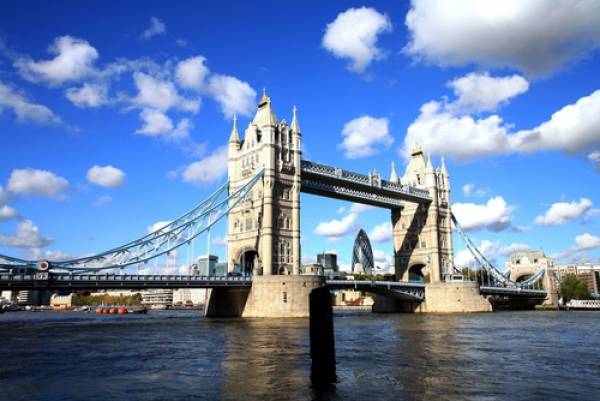Britain Hits Offshore Gambling Sector With 300 Million Pound Levy

(Reuters) - Online betting companies based in offshore havens to sidestep Britain's gambling taxes will be hit with a new levy that could cost the industry 300 million pounds ($467 million).
Under rules published on Friday, Britain will tax gambling according to where customers are based rather than where the online operator is registered, meaning that offshore operators pay the same 15 percent tax rate as domestic remote-betting companies.
The tax will be levied on companies' gross profit - total bets placed minus prizes paid out - in the 2 billion pound remote-gambling market from December 2014.
"It is unacceptable that gambling companies can avoid UK taxes by moving offshore, and the government is taking decisive action to ensure this can no longer happen," Economic Secretary to the Treasury Sajid Javid said.
"These reforms will ensure that remote-gambling operators who have UK customers make a fair contribution to the public finances."
The shift will affect some of the industry's largest players. Ladbrokes, Bwin.party, William Hill and Betfair all have online operations based in Gibraltar, which offers a benign tax regime for gambling companies.
Taxes on online casino gaming operations based in the British territory are levied at 1 percent on gross profit, with fixed-odds betting taxed at 1 percent of turnover. Both are capped at 425,000 pounds.
Shares in Ladbrokes, Bwin.party, William Hill and Betfair did not move significantly on the news.
"We knew it was coming ... The focus for us now is on trying to get the actual rate of the tax reduced," Clive Hawkswood, chief executive of the Remote Gambling Association said.
The government, which said it will confirm the 15 percent rate in its Budget statement next March, estimates that the new rules will bring in 300 million pounds a year in additional tax revenue.
Traditional land-based betting will be unaffected, the government said.
Land-based betting is also mostly taxed at a rate of 15 percent, except for land-based gaming, which takes in the likes of gaming machines and bricks-and-mortar casinos. This attracts a variable tax rate of between 15 percent and 50 percent, a Treasury spokeswoman told Reuters.
Plans to bring offshore gaming companies under the British tax system were outlined in the government's 2012 Budget, but the industry had been waiting for the detail - most crucially the rate at which they will be taxed.
William Hill, which has the largest share of the UK's remote-gambling market, has previously suggested that it could challenge the changes on the grounds that they breach European Union competition law.













